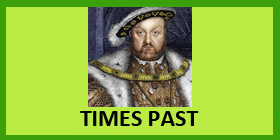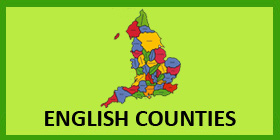




Back to the Stuarts calendar



 Charles arrived back in England on 25 May
1660, landing first at Dover, probably not on a cross channel ferry, and arrived in London on 29 May which just happened to be his 30th birthday. To celebrate this
event, May 29th became a public holiday, known as Oak Apple Day. This was to remember that Charles had hid in an Oak tree to escape from the Roundheads after the
Battle of Worcester. People would either wear oak apples on their clothes or carry sprigs of oak leaves. The holiday was abolished in 1859 but is still celebrated
in some way in parts of the country.
Charles arrived back in England on 25 May
1660, landing first at Dover, probably not on a cross channel ferry, and arrived in London on 29 May which just happened to be his 30th birthday. To celebrate this
event, May 29th became a public holiday, known as Oak Apple Day. This was to remember that Charles had hid in an Oak tree to escape from the Roundheads after the
Battle of Worcester. People would either wear oak apples on their clothes or carry sprigs of oak leaves. The holiday was abolished in 1859 but is still celebrated
in some way in parts of the country.
Just before Charles got back, Parliament met and decided that Charles had actually been King since his father was beheaded, thereby removing over 11
years of history, just like that. Also before Charles came back he had issued a declaration making certain promises. He promised a pardon for crimes committed
during the Civil War and also for any committed during the time of Cromwell’s rule, as long as people recognised him as the lawful king. He also said people who
had gained property during that time could keep it, the army would be paid any money due to them and would now serve the king and there would be religious toleration.
Charles was eventually crowned at Westminster Abbey on 23 April 1661, or 1991 if you are reading this upside down.
Charles straight away, well nearly, called a new parliament, known as the Cavalier Parliament, which met on 8 May 1661 and sat for 17 years.
Most members of the Parliament were royalists which may account for the long time it was allowed to exist. Many royalists returned to England from wherever
they had fled to after the end of the Civil War.
In general, the people of England were happy and there were massive celebrations at the start of Charles’ reign. It was a time of fun and a release
from the strict Puritan ways that Cromwell had imposed and had only been enjoyed, if that is the right word, by his followers. The ordinary people wanted to wear
bright clothes, laugh, go to the theatre and enjoy themselves. Disputes were few and far between around the country.
Forward to 1665AD

